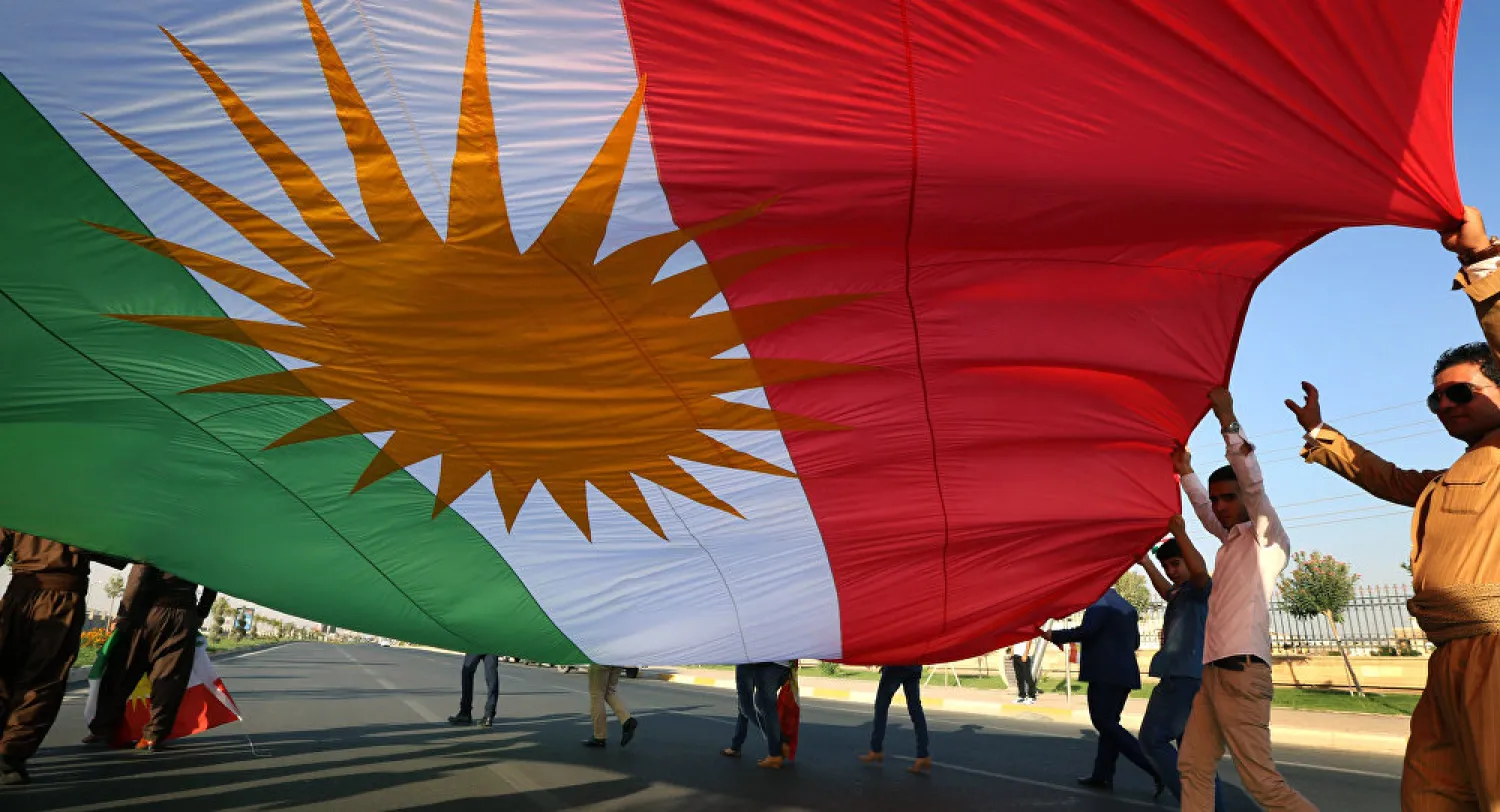The two main political parties in Iraq’s Kurdistan Region inked Monday a “comprehensive agreement” on provincial administration following months of arduous talks.
The deal, signed in Erbil by Nechirvan Barzani of the Kurdistan Democratic Party (KDP) and Kosrat Rasul Ali of the Patriotic Union of Kurdistan (PUK), should now facilitate the formation of the region’s next government.
Since legislative elections were held last September, political parties in the Kurdistan have struggled to form a new government. The polls saw the KDP win 45 seats in the 111-member Kurdish Assembly and the PUK win 21 seats.
Informed sources said the deal, details of which remain vague, includes 18 items on sharing power and ministerial portfolios between the two parties.
They said the deal should also normalize the administrative situation in the disputed areas between Baghdad and Erbil and that the two parties discussed the appointment of a new governor in Kirkuk.
In principle, the KDP has conceded to the PUK’s demand that the governor be a member of its party.
Officials from both parties said the new four-year agreement is set to replace the so-called “Strategic Agreement” of 2005, which united the Kurdistan Region into a unified KRG administration.
Also, both the PUK and the KDP agreed on the post of Iraqi justice minister, who is traditionally a Kurdish figure.
“Today is a day that will go down in the history of our nation, when the Patriotic Union of Kurdistan and the Kurdistan Democratic Party signed a political agreement,” said KDP spokesperson Mahmoud Mohammed.
PUK spokesperson Lateef Shiekh Omar told reporters: “It is an agreement that will be the compass and guideline for our joint work for now and the future.”
A committee has been set up to oversee the deal’s implementation.









